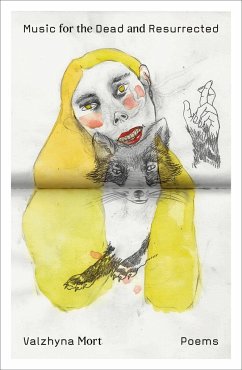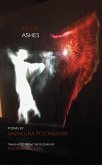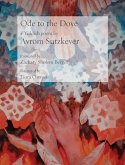WINNER OF THE INTERNATIONAL GRIFFIN PRIZE NAMED ONE OF THE BEST POETRY BOOKS OF 2020 BY The New York Times In her book of letters to the dead, the prize-winning poet Valzhyna Mort relearns how to mourn those erased by violent history. With shocking, unforgettable lyric force, Valzhyna Mort's Music for the Dead and Resurrected confronts the legacy of violent death in one family in Belarus. In these letters to the dead, the poet asks: How do we mourn after a century of propaganda? Can private stories challenge the collective power of Soviet and American historical mythology? Mort traces a route of devastation from the Chernobyl fallout and a school system controlled by ideology to the Soviet labor camps and the massacres of World War II. While musical form serves as a safe house for the poet's voice, old trees speak to her as the only remaining witnesses, hosts to both radiation and memory. Valzhyna Mort, born in Belarus and now living in the United States, conjures a searing, hallucinogenic ritual of rhythmic remembrance in a world where appeals to virtue and justice have irrevocably failed.
[A] striking study of what Belarus can teach the world about state violence, collective memory, and the role of poetry in fighting tyranny . . . [Mort] captures, through language, the contours of dissent. Soviet monuments remain upright in Minsk, like concrete odes to terror, repression, and silence. And yet Music for the Dead and the Resurrected feels like its own monument, not only to Belarusians but also to victims of state violence around the world








